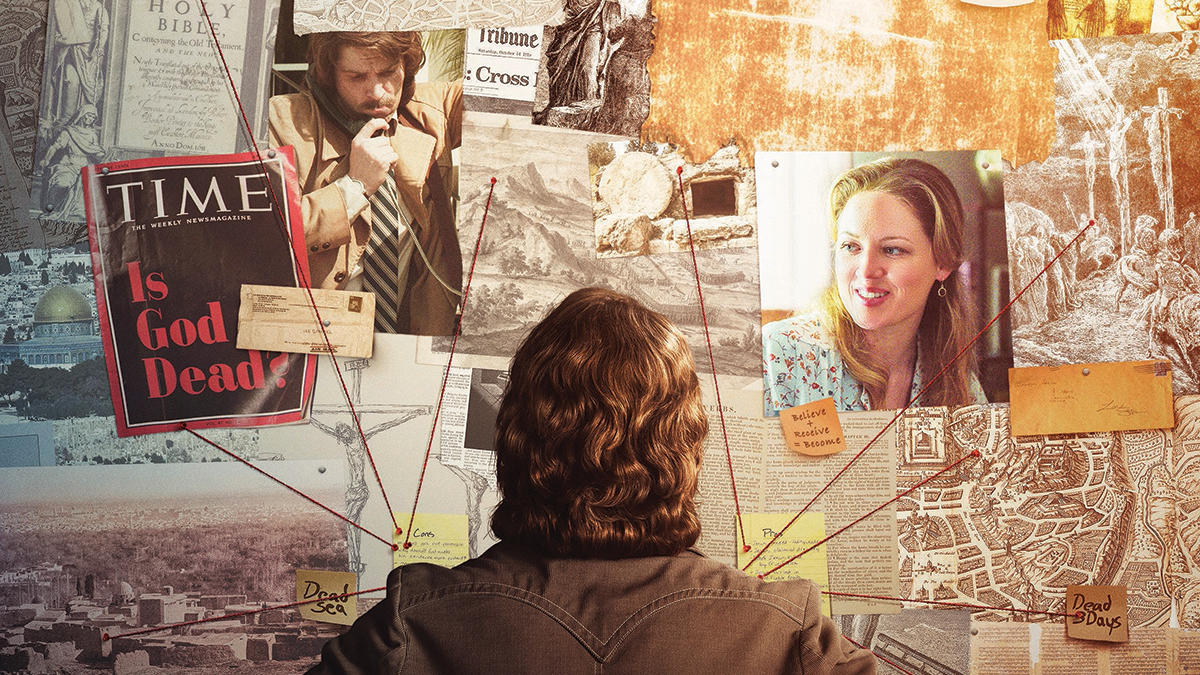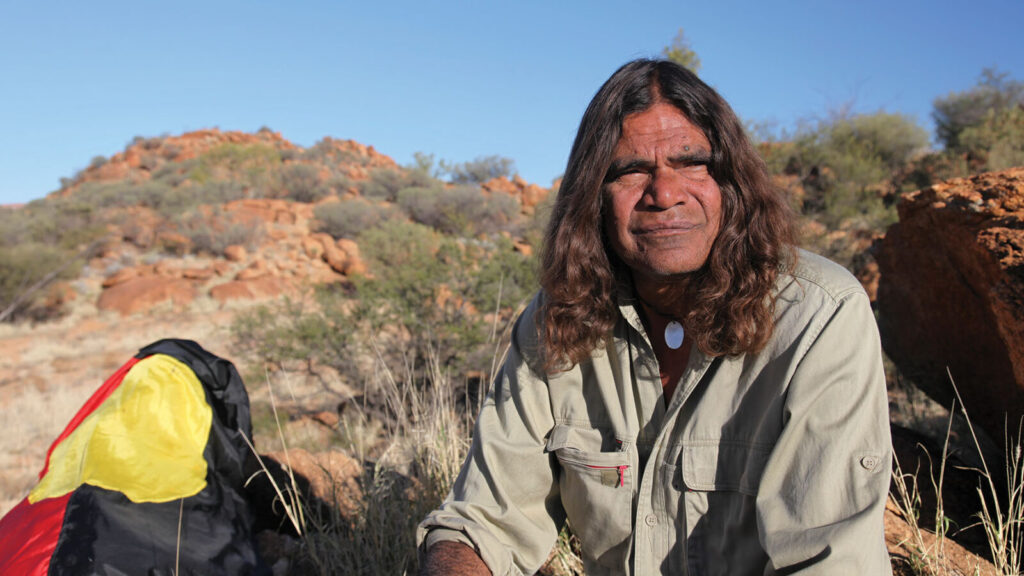The Case for Christ is one of the best-selling apologetic works of the modern era and has now been made into a movie. The book doesn’t seem like a great premise for a movie: a series of interviews with historians, experts and others to determine whether or not Christ really existed and did what the Gospels claim He did.
But it works. The movie steps back from the book’s source material to examine the author’s life. Lee Strobel, an atheist journalist, found his world rocked when his wife became a Christian. Setting out to disprove everything she believed, Strobel went on a journey of discovery, asking questions and challenging the resurrection of Jesus, until finally, reluctantly, he became a believer.
The movie provides some easy to remember facts from each of the key experts and is a perfect reminder of why we believe what we believe. But it’s more than that. There seems to be a renewed interest in apologetics.
In fact, in an interview with Eternity newspaper (May 2017), Strobel made this claim: “Evangelism in the 21st century is spelled ‘apologetics’.”
“People have questions and the internet has a lot of claims and counter-claims about Christianity; a lot of allegations and misinformation.”
Yet apologetics often seems to be the poor cousin to prophecy in the Seventh-day Adventist Church.
Dr Subodh Pandit, Adventist apologist and author of the book Come search with me, was born in India, the heartland of most of the major Eastern religions. He spent 20 years of his life researching other faiths and, in a number of his presentations, he describes the Seventh-day Adventist conundrum of not being able or equipped to talk to those who either don’t believe in God at all or have a different god or gods. We have most success communicating our beliefs to people with Christian backgrounds, he says.
But the make-up of our society is changing.
According to a recent McCrindle report on the state of faith in Australia, people said they “prefer science and evidence based” (49 per cent) as the top reason they identify as having no religion.
It seems many of these no religionists have unquestioningly swallowed the lie that faith and science are incompatible. While I am no scientist, I am convinced that there is scientific and historical evidence behind my faith. The fact that there are successful Christian scientists throughout the scientific disciplines suggests that the two are compatible.
It is useful and important for us to know some basic apologetics, so we can engage in conversation with those who no longer come from a Christian worldview and speak from their perspective. Where are the soft spots in the arguments for faith? What are the logic holes in atheism? [pullquote]
You don’t need to be an expert. You just need to know where to find more information if it is needed.
After all 1 Peter 3:15 urges us: “Always be prepared to give an answer to everyone who asks you to give the reason for the hope that you have. But do this with gentleness and respect” (NIVUK).
In many translations, the word is “reason” but the original Greek is apologia = to make a defence. We are to defend the hope that we have in Jesus.
The questions people ask today are not always the questions we have ready answers for: questions on the existence of evil, the problem of pain, Creation and evolution and whether the Bible can be trusted historically.
If we truly love God we will want to understand things about Him, about how He creates and crafts—not just about how He loves us or what He has done for us. We can’t show what we don’t know.
Peter even tells us how to do it—respectfully and gently. That means having the right attitude and the right approach. Not condescending or argumentative but quietly confident in what we know. Are we ready to give a defence for the hope we have in Jesus?






